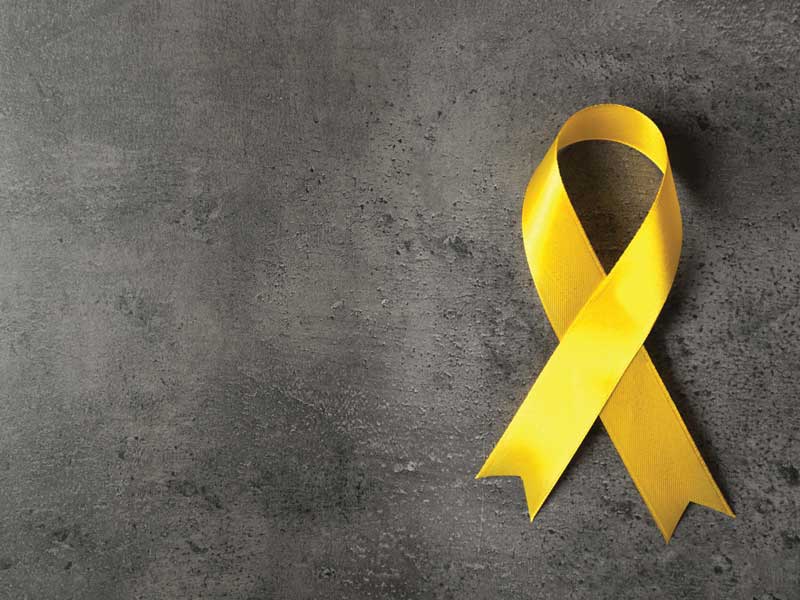By Mary Joye, LMHC
We probably all agree there needs to be more than one month set aside for suicide awareness. Statistically and tragically, there are on average, one-hundred-twenty-one suicides per day. That’s almost 45,000 per year.
Often, I hear healthy people say, “It is selfish for people to commit suicide.” From those who think about it, I hear the opposite. They often say, “Everyone would be better off without me.” The common denominator to most all suicides is pain. That pain may come in a wide-range of manifestations. Many don’t really want to kill themselves. They simply want the pain to stop and don’t know how to find relief.
Perhaps we can stop and pay attention to how society continues to stigmatize “mental health”. We mentally process with our brain, which is in the physical body. Many suicidal people don’t reach out for help because they don’t want to be labeled or diagnosed with a “mental” illness. The Paul Wellstone and Pete Domenici Mental Health Parity and Addiction Equity Act of 2008 was signed to combine mental health and physical healthcare. Hopefully with time, perceptions about suicide will also change.
There are many reasons people contemplate suicide. Among the more obvious are:
- Depression and Anxiety
- Abuse
- Post-Traumatic Stress
- Bullying
- Broken-hearts
- Terminal illness
- Substance abuse or misuse
- Varied mood or personality disorders
- Combatting delusions or some forms of schizophrenia
- Life altering losses
Less obvious causes catch us off guard. Celebrity cases are of course, the most publicized. For brief moments, the media puts a spotlight on the darkness of this tragedy. Kate Spade, Robin Williams and Anthony Bourdain had suffered illness, loss, addiction and life altering events preceding their suicides. It must be brought to light that the day they took their lives so did about one-hundred and twenty others who were not famous. Each person has their own story of how they got to a place of such pain and hopelessness. We need to listen to everyone around us and be more aware and care.
Many other celebrities have publicly related their struggles with suicidal thoughts. Some find it difficult to feel empathy for those who seem to “have it all”. Humanity isn’t negated by celebrity. It doesn’t matter how much you have externally, if you are suffering internally.
Guilt and shame are more insidious and lesser recognized suicide predictors.
“A growing body of research has focused on biological and psychological aspects of suicide… Shame and guilt are two distinct emotions…Shame is more likely to result in suicidality… The shamed person’s self is viewed as worthless and defective. People report feeling diminished, powerless and exposed…consumed with thoughts about others’ negative emotions.” (Hastings M.E., Northman L.M., Tangney J.P. (2002) Shame, Guilt, and Suicide)
Asking for help can result in more shame if there isn’t the right kind of empathy or understanding. Isolation and loneliness can also impair a person’s cognitive ability to see a future that is past their pain. Respect, education and simple kindness for the suffering individual can help tackle this highly personal and complex issue.
There is hope. There is help. Reach out if you are in need or know someone who is. The joy of living can be restored and renewed.
1-800-273-8255 National Suicide Prevention Hotline.
